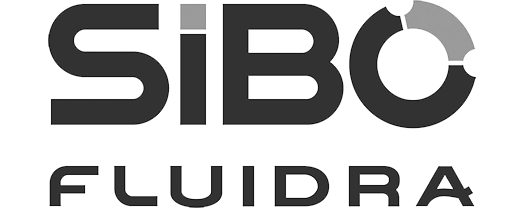Only one in ten employees still want to work full-time in an office. Remote working and workations are the new normal. Host Fabienne de Vries discusses these issues and more in the latest episode of Ctalk. A discussion about the manager’s changing role, Surinamese roti and the importance of remaining connected.
Since the Covid pandemic, the number of hours you work has become much less important, so too has the location where you switch on your laptop. Output-driven working is in. You work with your team towards a defined goal. It doesn’t matter if you do so on a Sunday afternoon on a balcony in Italy or on a Tuesday afternoon in the office in Amstelveen. This remote style of working is paying dividends, as research confirms that people can achieve better results this way.
Eric van der Linden is HR Director at Ctac. He found it amazing to see just how quickly working from home became accepted during the Covid pandemic. Eric: “Now we neither can nor want to return to the old model. However, we do want to bring forward some elements from the old work model into modern working, such as meeting people. So it’s important to continue to provide facilities for people who still want to work in the office.”
Michel Bouwman, EMEA Partner Technical Lead at Microsoft, also says the whole concept of work has changed. “Where you used to get into your car or onto a train early in the morning and travel to the office to work, work is now just a set of activities. The location doesn’t matter.” And that, in turn, has led to another development, Michel notes: “You can see that companies are hiring more and more people from abroad, for Dutch positions.”
Patricia Beks is Managing Director and Digital Marketer at Tech To Market. Her company already worked largely remotely before coronavirus. Patricia: “It’s been our philosophy for a long time, so we have an advantage now, as we’ve been able to offer remote working when hiring people. Openness and freedom are very important to us. This requires a certain level of responsibility.” In a few days, she will leave with her team on a workation. Patricia: “A workation is a great way to step back and take a look at yourself, your work and your clients. You have a different conversation while walking along a beach than you do in the office. A workation contributes to openness and trust, but only when it’s part of the overall company philosophy.”
The modern way of working also means the role of the manager is changing, Eric notes: “It’s much more about creating links with people. How do you keep them involved? Managers’ soft skills have become much more important. Things like intuition, empathy and trust play a bigger role than measurement and control. Less managing, more coaching.”
Whether you work remotely or in the office, it’s important to keep in touch with each other and with the company, Michel says: “You can go on a workation, or organise a weekly event for everyone in the team, to make sure that they remain connected. For example, we recently had a colleague from Surinam give us a digital cooking class on how to make some really nice Surinamese rotis.”
“Exactly. You have to watch out that it’s not always just efficient and full steam ahead”, agrees Patricia. “An informal chat and some fun in the office are still important. We attended a training course on how to make this work digitally as well. We learned a lot from that.”

